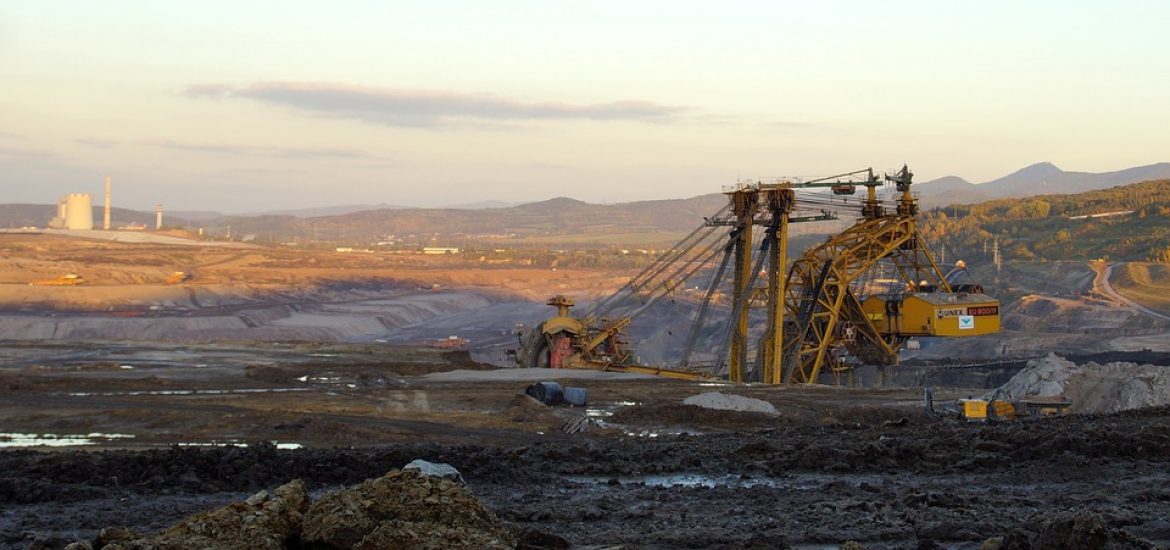
The Czech Republic’s environment minister, Richard Brabec, announced that Prague would not join Bulgaria and Poland in appealing against EU limits on coal-fired power plant emissions, insisting that the case had little chance of success.
“The decision means we will not join any attempt to soften these limits,” he told the media.
The decision has led to a bitter dispute between the Czech environment and industry ministries.
Last year Prague was warned that it would face a European Court of Justice case if the nitrogen dioxide problem was not dealt with.
Environment ministers from Germany, France, Italy, Spain, the UK, Romania, Hungary, the Czech Republic and Slovakia have been called to attend a so-called toxic summit in Brussels on January 30.
Brabec said last week that “we are convinced there is no hope for the suit to succeed, not even from the legal aspect but the ecological aspect is also key”.
Poland has persuaded Bulgaria, which this month took over the rotating EU presidency, to join its challenge against toxic pollutant rules designed to safeguard health.
The Czech CTK news agency reported that the industry ministry had recommended joining the appeal.
Bulgaria claims that the bloc’s new regulations on emissions from large-scale power stations endangers energy security and economic competitiveness.
The three former Warsaw Pact countries rely heavily on coal for power production. Poland gets 90 per cent of its electricity from coal and the Czech Republic provides half its power from the fossil fuel. The EU decision last year imposed stricter limits on emissions of pollutants such as nitrogen oxide, sulphur dioxide, mercury and particulate matter from large power plants across the bloc.
In Prague, two Greenpeace activists climbed a lengthy ladder up to the balcony of the Industry and Trade Ministry and displayed a banner saying “the coal and smog industry” before being arrested. The move was an effort to influence the government into addressing pollution.
The ministry has produced a paper referring to estimates from the national technical working group, which contains representatives of Czech energy plants.
The industry group argued that the estimated costs of introducing limits under the Brussels decision would mean the sector would have to invest at least an extra €591 million in green investments.
Industry minister Tomáš Hüner said the costs would have a knock-on effect of higher prices for heat and electricity and could result in “the relatively rapid disintegration of the centralised heat supply”.
Czech coal mining. Picture credit: Pixabay





